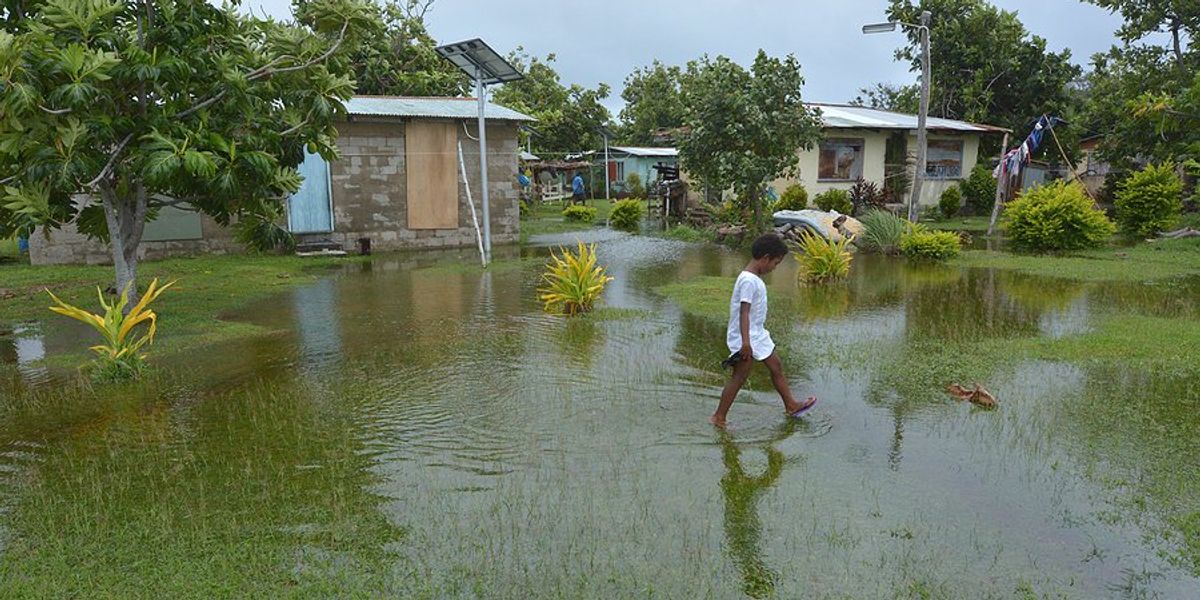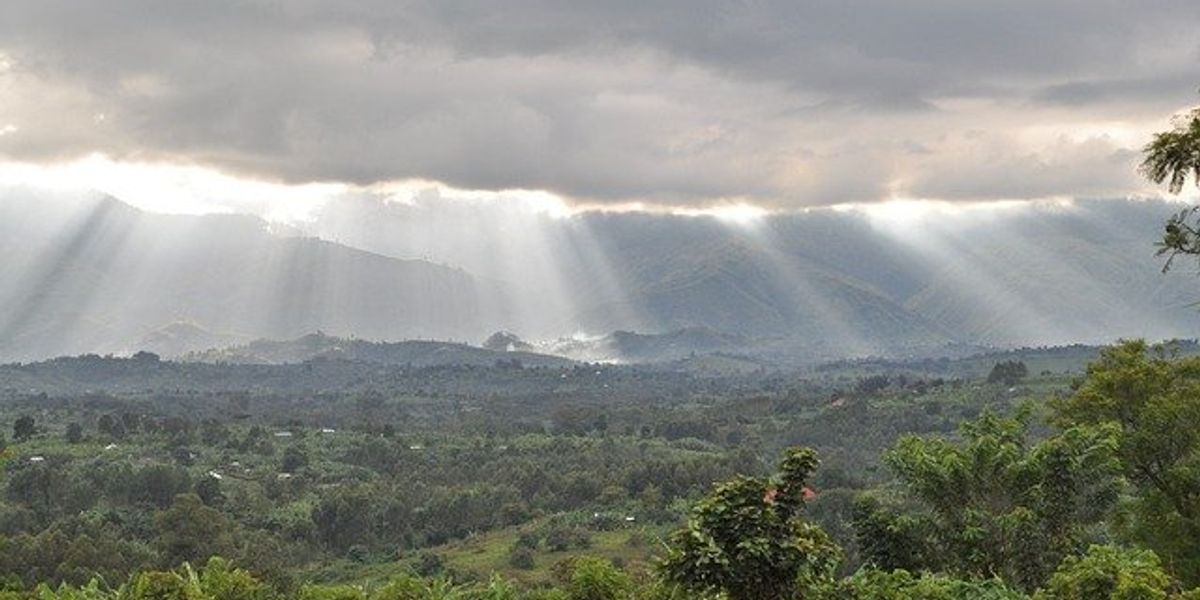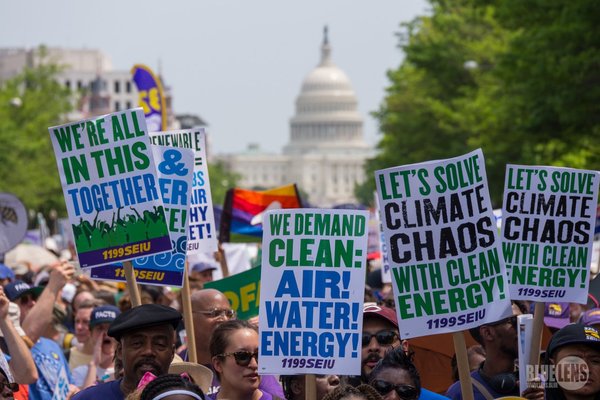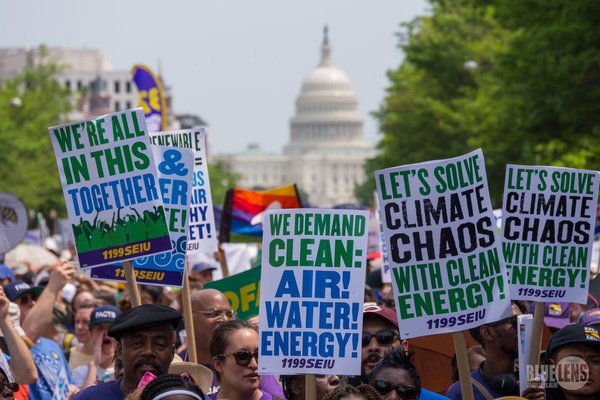
Residents say Pennsylvania has failed communities after state studies linked fracking to child cancer
Last year Pennsylvania Department of Health studies showed increased risk of childhood cancer, asthma and low birth weights for people living near fracking. Advocates say not enough has been done since.
PITTSBURGH — More than a year after the Pennsylvania Department of Health published three studies linking fracking to cancer and other health effects, advocates say the agency failed to keep promises to help residents living near fracking wells.
The studies, conducted by University of Pittsburgh and Pennsylvania Department of Health researchers, found that residents living near fracking wells were more likely to experience childhood cancer, severe asthma attacks and low birth weights. They added to dozens of other studies linking living near fracking wells with various health problems, including cancer, poor birth outcomes and cardiovascular and respiratory issues
Former Pennsylvania Governor Tom Wolf ordered the studies, commonly referred to as “the Pitt studies,” after residents of fracking communities with high rates of rare childhood cancers demanded more research.
The researchers who conducted the study shared the results in August 2023 at a public meeting. They looked at health records and fracking data from 2010-2020 in the eight county Southwestern Pennsylvania region and found, among other things, that children who lived within one mile of one or more fracking wells were five to seven times more likely to develop lymphoma compared to children who don’t live near fracking wells. It also found people with asthma living within 10 miles of fracking wells were four to five times more likely to experience a severe asthma attack during the production phase and an increased risk of having babies that are small for gestational age among Pennsylvanians living within 10 miles of fracking wells.
The Pennsylvania Department of Health pledged action in response to the findings, but residents and environmental advocates say the agency hasn’t done enough.
“Millions of dollars have been spent on this study only for it to be buried,” said Stacy Magda, a community organizer with the Mountain Watershed Association during a virtual press conference organized by five environmental and health advocacy groups on Tuesday.
The groups that held the press conference, which included the Center for Coalfield Justice, the Pennsylvania chapter of Physicians for Social Responsibility, the Mountain Watershed Association, the Environmental Health Project and FracTracker Alliance, also launched a petition asking Governor Josh Shapiro and the Pennsylvania Department of Health to take further action aimed at protecting residents who live near fracking wells.
Janice Blanock, a resident of Cecil Township, Pennsylvania, about 20 miles from Pittsburgh, held back tears as she spoke at the press conference over Zoom from a neighbor’s backyard, where a new fracking well was visible in the background. In 2016, her 19-year-old son Luke died from a rare bone cancer.
“I’ll never know exactly what caused my son's cancer,” Blanock said. “I'll never know why there are such high rates of rare cancers in my community. But I do know that harm is being done. And that pollution can make us sick … I am here to demand that Governor Shapiro address the results of the [studies].”
During the 2023 public meeting when the studies were presented, the Pennsylvania Department of Health announced the launch of a continuing medical education program on environmental exposures, said it would start a program to educate schools in fracking communities about air quality, said it had developed a new form for submitting environmental health complaints, and promised to continue reviewing cancer data in the region.
“Disseminating public health guidance and research are critical functions of the Department of Health,” said Talor Musil, a field manager at the Environmental Health Project during the press conference. “Neither has yet taken place in relation to these three studies, or any shale gas development topics. And this ultimately indicates a lack of leadership by Governor Shapiro to defend the health and safety of Pennsylvanians.”
Barry Ciccocioppo, the communications director for the Pennsylvania Department of Health, defended the department’s actions. In an email, he told EHN “the [Pitt studies] help advance our understanding of the potential health impacts from hydraulic fracturing operations, and we are continuing to take action to improve the health and safety of Pennsylvania residents.”
He pointed to several initiatives related to educating medical professionals about fracking and health, including a recent presentation on the topic by Department of Health staff to a group of medical care providers and seeking approval for continuing education credits for nursing with a recorded version of that presentation (which will be publicly posted online “in the near future”). He also pointed to both past and planned presentations on the topic through a Penn State University program called ECHO (Extension for Community Healthcare Outcomes).
“Disseminating public health guidance and research are critical functions of the Department of Health. Neither has yet taken place in relation to these three studies, or any shale gas development topics." - Talor Musil, Environmental Health Project
He said the Department of Health is still working with the Department of Education to provide educational materials for schools and families, and the first of those documents is available online. He did not specify a timeline for this work.
The Department of Health also said it would begin work on an updated review of the literature on health and fracking. Ciccocioppo pointed to the agency’s 2019 literature review and said DOH is reviewing new scientific papers on health and fracking as they’re published and will post summaries on those papers on its website eventually, but he did not say that a formal literature review is underway.
Governor Shapiro’s fracking stance

Governor Josh Shapiro and CNX Resources Corporation president and CEO Nick Deiuliis in 2023.
Credit: Commonwealth Media
Several speakers at the press conference expressed frustration with Governor Shapiro’s shifting stance on fracking. As attorney general, Shapiro oversaw a grand jury investigation that concluded there was “systematic failure by government agencies in overseeing the fracking industry,” filed criminal charges against several fracking companies for environmental violations and recommended bolstered industry regulations.
But as governor, Shapiro has entered into a controversial partnership with CNX Resources, a fracking company that pleaded no contest to criminal charges for misreporting air monitoring data in violation of the state’s Air Pollution Control Act in 2021 — charges that were brought by Shapiro while he was the state’s Attorney General. The company has also received more than 2,000 violations from the Pennsylvania Department of Environmental Protection since 2004.
CNX’s “Radical Transparency” project launched in 2023, and a recent press release from the company claims that preliminary data from several months of self-reported air monitoring at selected fracking wells “expose the flawed nature of the oft-cited University of Pittsburgh Health Study and its highly suspect results,” and indicate “that natural gas development done the CNX way is safe and inherently good for the communities where we operate.”
“CNX has claimed that fracking poses no public health risks with a photo of Governor Shapiro at the top of the report to apply an endorsement from his Administration of these findings,” Environmental Health Project’s Musil said. She added that it’s not meaningful to compare results from a months-long self-monitoring air emissions report by a fracking company to a years-long study of health data by academic and regulatory agency researchers.
Jodi Borello, a community organizer with the Center for Coalfield Justice, added, “CNX Resources cannot be trusted to accurately report air data — that’s what their criminal charges were originally for. Governor, Shapiro's relationship with the criminal company CNX Resources is not a public health response.”
Westmoreland County resident Diana Steck, who says her family’s health has been impacted by a landfill that processes fracking waste, said the state agencies’ innaction “is not only unacceptable, it is immoral,” in a statement that was read during the press conference. “Governor Shapiro, it’s time for you to stop cozying up to polluters like CNX … and take action to protect our public health, especially that of our children.”














